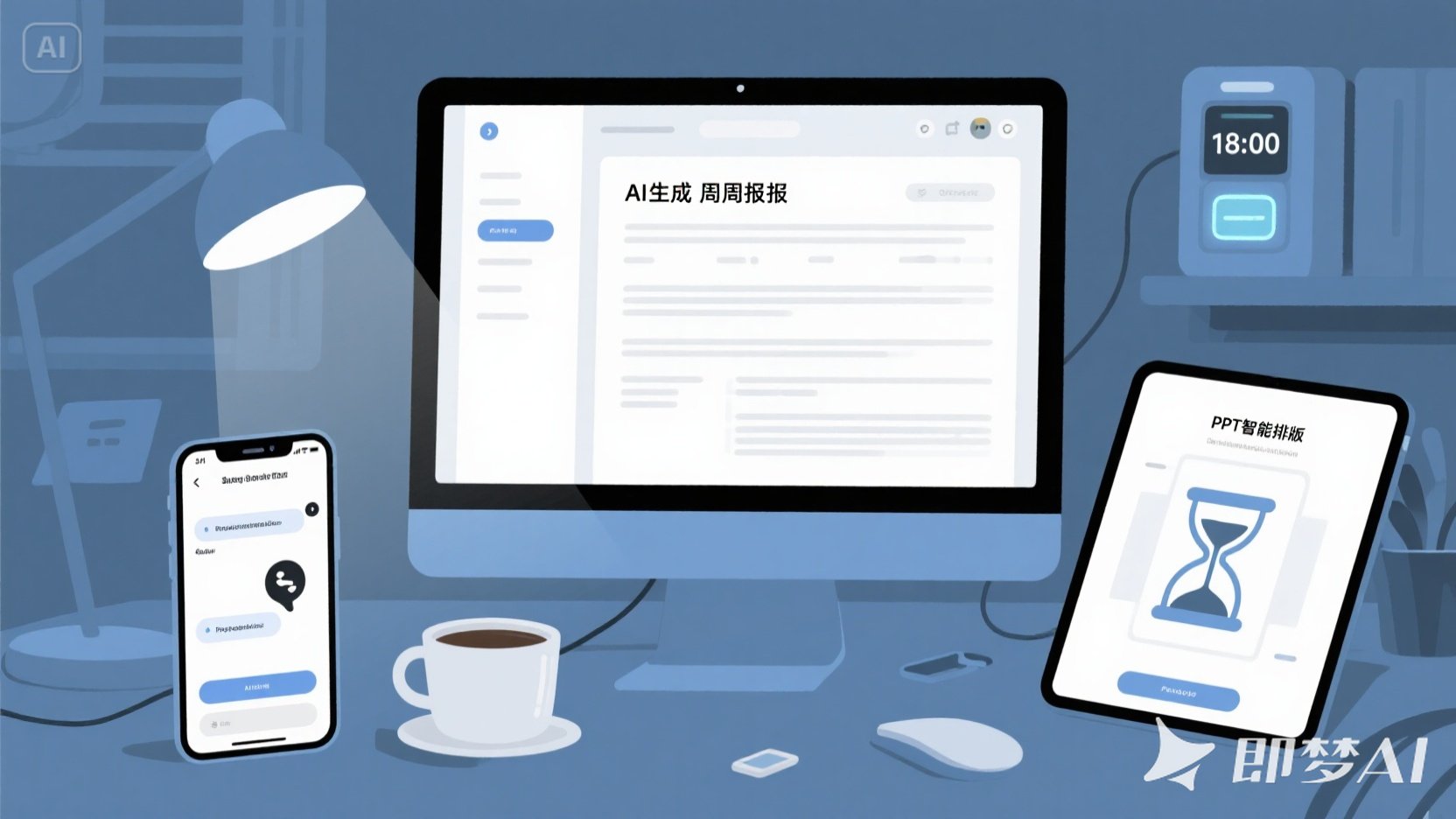pin_dropcurrent location:knowledge base ❯ graphic
How to deal with tension during an interview?
Feeling nervous during an interview is a common problem many people face, especially if you value the opportunity. Moderate tension can turn into positive motivation, but excessive tension can affect your performance. Here are some effective ways to deal with interview tensions:
1. Pre-interview: Fully prepare
(1) Be familiar with the interview process and content
Understand in advance the form of the interview (such as one-sided and group interviews), the focus of the inspection (such as professional ability, logical thinking, adaptability, etc.), and common interview questions.
If it is a position in a specific industry, study the knowledge and terminology relevant to the industry.
(2) Simulated exercises
Conduct a mock interview with friends or family member, ask them to act as interviewers, ask frequently asked questions and record your answers.
Through multiple drills, you will gradually become familiar with your own expression and increase your self-confidence.
(3) Prepare materials
Organize your resume, portfolio of works, copies of certificates and other materials in advance, and ensure that the content is clear and tidy.
Prepare a short self-introduction (1-2 minutes) that highlights your strengths and job-related experiences.
2. Adjust your mentality and reduce anxiety
(1) Accept tension
It's normal to be nervous, so don't resist too much. Tell yourself: This is normal and I can handle it.
Shift your attention from tension to how to demonstrate your abilities.
(2) Establish positive self-suggestion
Tell yourself: I am capable and prepared for this interview.
Review past successful experiences and increase your self-confidence.
(3) Avoid focusing too much on results
Don't worry too much about getting an offer, focus on showing your true self.
An interview is only part of the process. You have done your best and you have achieved success.
3. During the interview: Relaxation skills
(1) Deep breathing and adjustment status
Before the interview begins, take a few deep breaths. Inhale for 4 seconds, hold your breath for 4 seconds, and exhale for 6 seconds. You will feel relaxed after repeating it a few times.
If you feel nervous during the interview, you can use a slight pause to relieve your emotions.
(2) Focus on listening to problems
When facing a question, listen carefully before answering, and don't rush to express it.
You can confirm the question by repeating it: What do you mean? This will not only buy time to think, but also allow the interviewer to understand your thoughts more clearly.
(3) Slow down and express clearly
When you are nervous, you can easily speak faster, resulting in unclear expression. Deliberately slow down to ensure that every sentence is spoken clearly.
If you get stuck, you can frankly admit that I need to think about this issue again. But try to avoid long periods of silence.
4. After the interview: Summary and reflection
(1) Timely review
After the interview, review your performance and record what you did well and what needs improvement.
If you have regrets, you can write them down and improve them in future interviews.
(2) Pay attention to feedback
If you have the opportunity, ask the interviewer for suggestions or opinions about your performance, which will be very helpful for your future development.
5. Long-term improvement: Building confidence
(1) Practice more expressions
Communicate frequently with others and exercise your language expression skills and logical thinking skills.
Join organizations such as Toastmasters to increase your self-confidence.
(2) Accumulate successful experience
Every interview is a valuable practical opportunity that will help you grow regardless of the outcome.
As the number of times increases, you will gradually adapt to the interview environment and become more relaxed.
6. Some practical tips
Dress appropriately: Wearing more formal clothes will make you feel more confident.
Arrive early: Arrive at the interview site 15 minutes to 30 minutes early to avoid increasing tension caused by rushing.
Carry a water cup: If necessary, bring a bottle of water and take a sip when answering questions to relieve dry throat.
summary
Tension is normal, but the key is how to manage and utilize this emotion. By fully preparing, adjusting your mentality, and mastering skills, you can behave more naturally and confidently in interviews. Remember that interviewers value your ability and attitude more than your perfection. Keep a relaxed attitude and show your true self, and you will do well!
listquick access
pollrelated recommendations
Unspoken rules of the workplace: Hidden power signals in dinner seats

Guide to self-help for migrant workers: With these 3 AI tools, getting off work on time every day is not a dream



